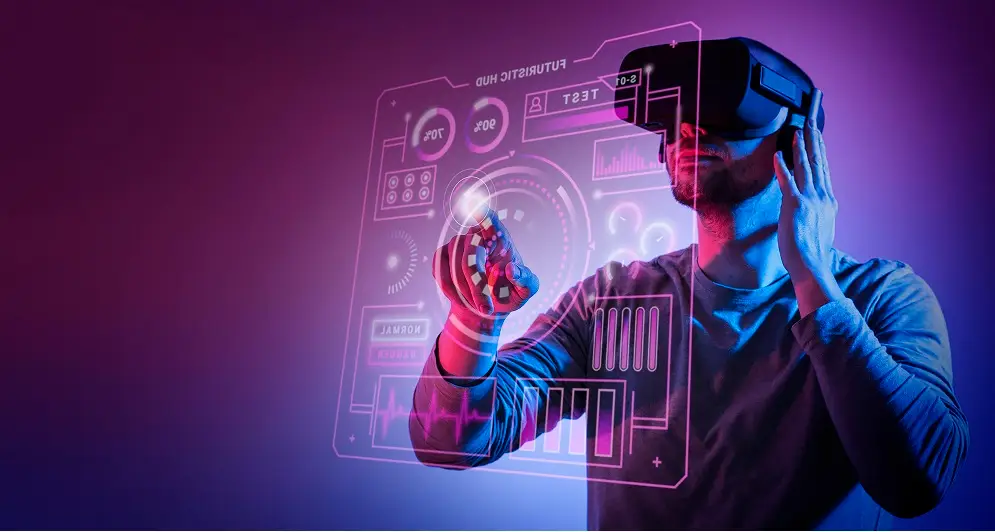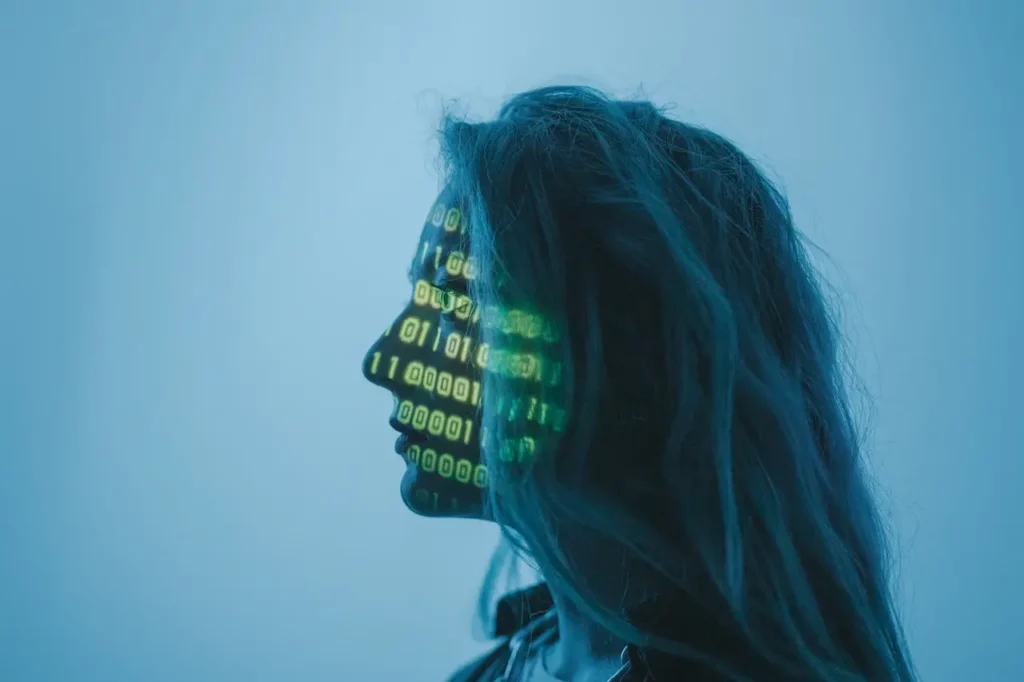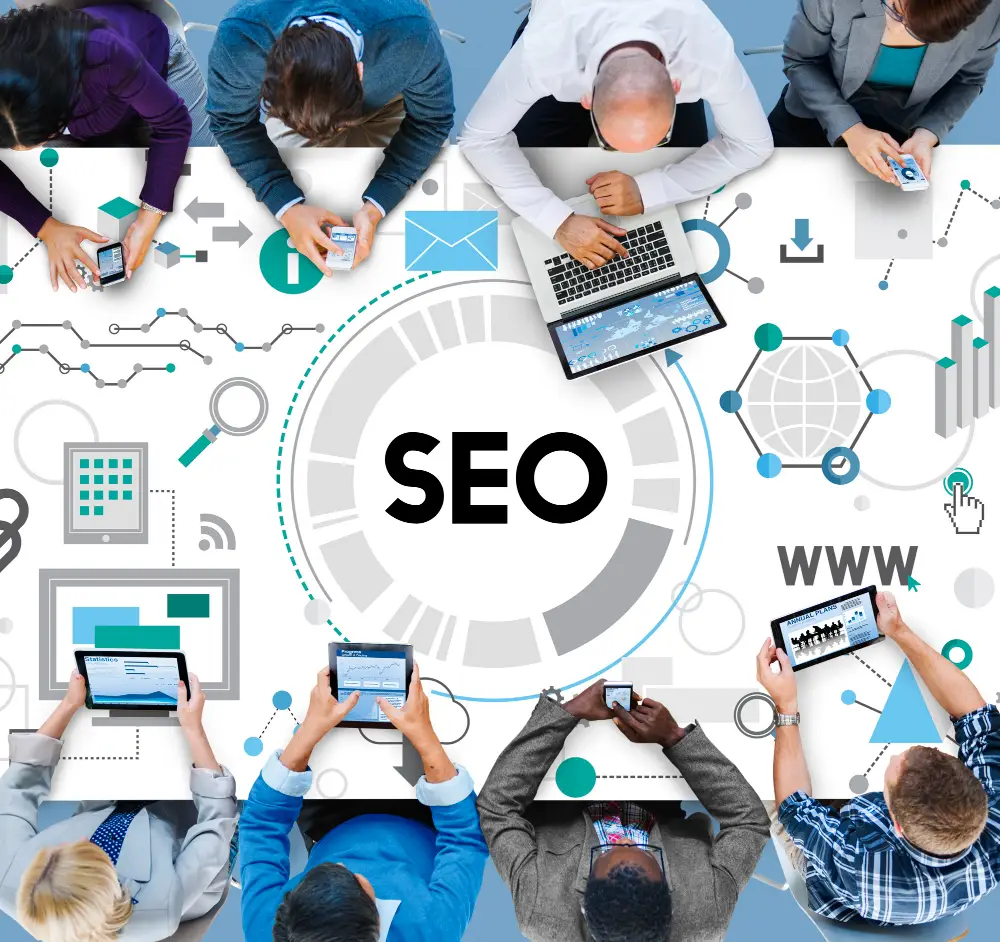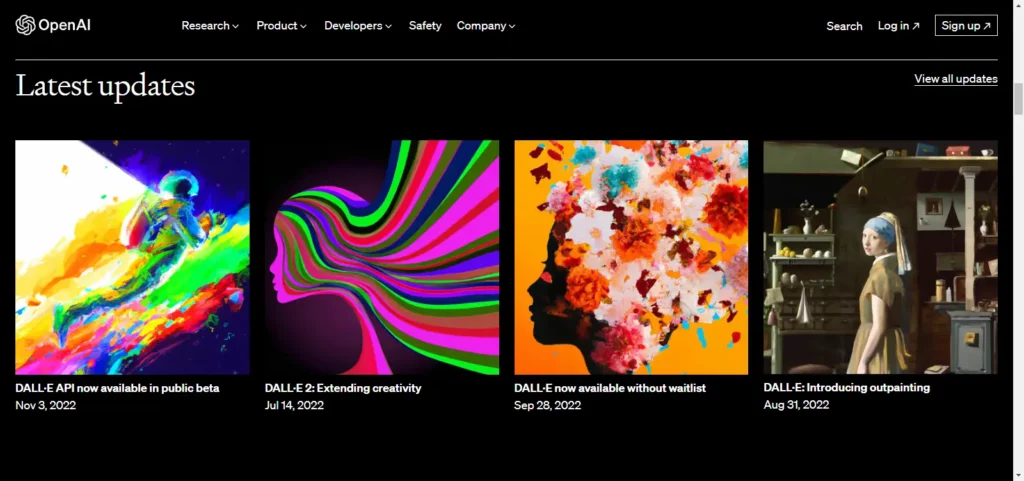Artificial Intelligence (AI) is an area of study within computer science that involves using algorithms and machine learning techniques to create systems that can learn from data and experience, making them reason and make decisions autonomously. AI also includes other research areas, such as natural language processing, computer vision, and robotics.
Origin of artificial intelligence
According to Rafael Braga, a game designer and educator at the Technology Nucleus of the Instituto Crie de TV, Cinema e Novas Mídias, AI can be traced back to the conceptual studies of English mathematician Alan Turing during World War II.
Back then, Turing developed the concept of a “universal machine.” This machine could do any calculation that an algorithm could explain.
The mathematician also created the “Turing test” to prove whether a machine could exhibit intelligent behavior like a human.
In the 1950s, the first experiments in the area began with scientists Herbert Simon and Allen Newell. They created the first artificial intelligence laboratory at Carnegie Mellon University in the United States. Other scientists and researchers who made significant contributions at the time were John McCarthy, Marvin Minsky, and Claude Shannon.
Day-to-day use
Although most people think AI is limited to machine learning, it has been part of our daily lives for years. Some examples include:
- Social networks: Artificial intelligence algorithms are used to personalize the content that appears in the newsfeed, suggest friends and groups, and identify and block abusive behavior and spam.
- Facial and voice recognition: AI is used in facial and voice recognition systems, such as smartphones and virtual assistants, to identify users and respond to voice commands.
- Virtual assistants: Siri, Alexa, and Google Assistant use artificial intelligence to understand voice commands and perform tasks like scheduling appointments and playing music.
- Auto text completion: AI is used in features like web browsers and messaging apps to suggest words and phrases based on context.
- Satellite monitoring of areas threatened by deforestation: AI analyzes satellite images and detects illegal deforestation activities in protected areas.
- Weather forecast models: Artificial intelligence analyzes large amounts of weather data and creates more accurate forecast models.
- Text and image generation: Artificial intelligence is used in text and image generation systems, such as chatbots and photo editing applications, to create content and perform tasks autonomously.
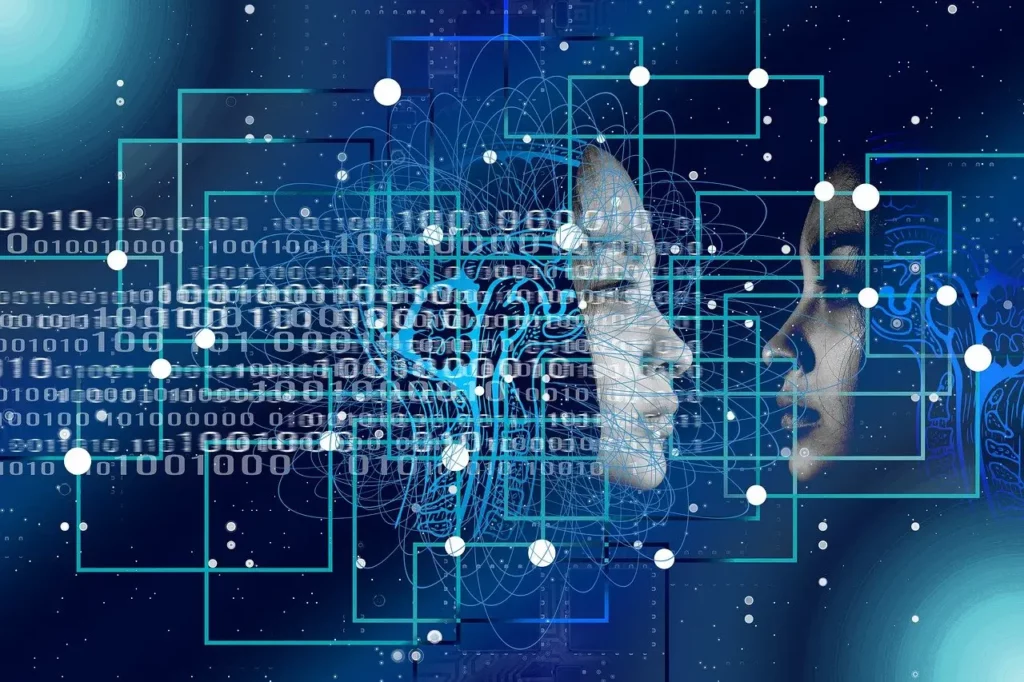
Main benefits of this technology
Using artificial intelligence has many advantages. It can help with tasks done repeatedly, make things safer online, personalize what you get, and lower mistakes when things are tough. Also, AI can help push forward learning and research in different fields. It can look at lots of data super fast, helping to make better choices quickly in places like money, health, and getting things from one place to another.
Ethical concerns surrounding artificial intelligence
Since Alan Turing’s studies, the ethical and philosophical question involving artificial intelligence has been widely debated. With advances in computing and the arrival of the internet in the homes of billions of people, this discussion gains new complexities.
“Artificial intelligence is a field that depends a lot on data collection and it is precisely for this data collection that our attention should be focused, mainly on Big Tech (technology companies like Google, Microsoft and Meta) that currently have the monopoly on of that market. We also need to be aware of the misuse of these technologies, for example, with facial recognition algorithms used by authorities that may have a racist bias and incriminate innocent people”, warns Rafael Braga.
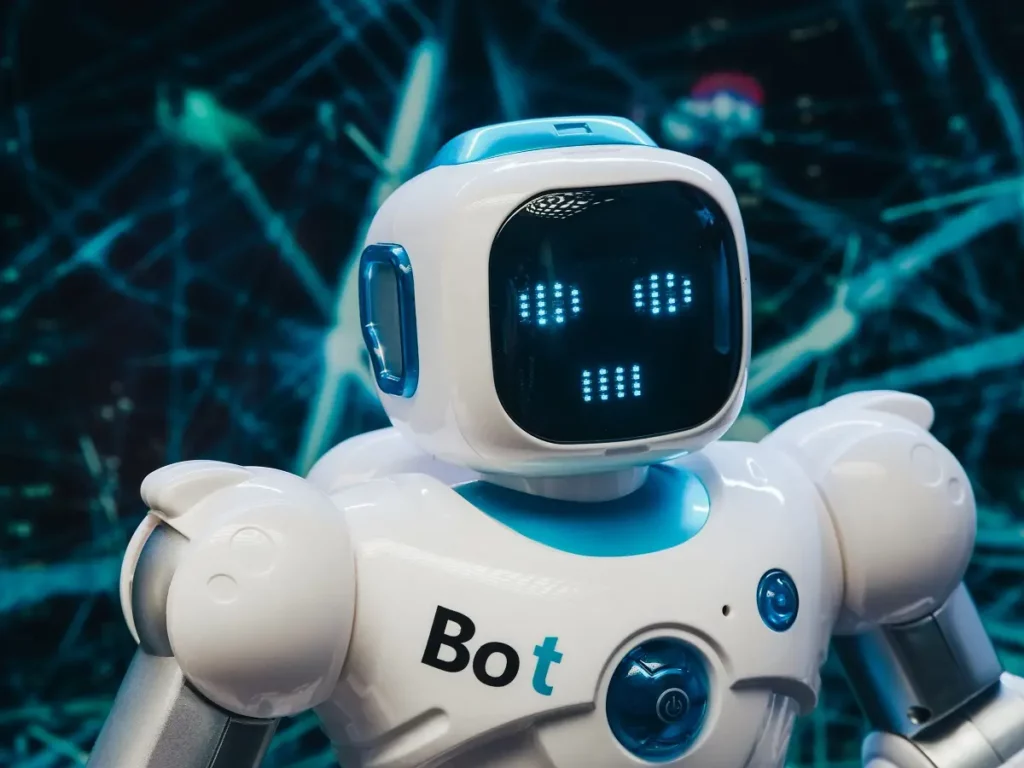
Impact of AI on the Job Market
Like any other technology, AI must be understood and used as a tool. The educator points out that when industrial automation processes became common, workers lost their jobs in factories to robotic arms, which indicated a possible era with replacements of human beings by machines in the labor market.
“Technology always brings a burden, but also many possibilities. In an ideal world, technological advances should not reduce the supply of work, on the contrary, they should contribute to the creation of a state of social well-being, allowing people to have a better quality of life, exercise new types of professions and have a better quality of life”, says Rafael Braga.
According to professionals, measures must be taken due to the risk of artificial intelligence affecting the job market. “It is the responsibility of all governments to understand that a large part of current professions will be affected by this paradigm shift that we are going through and that it is necessary to help society create conditions for everyone to be included in this context.”
Possibilities for future advancement
For Rafael Braga, we are experiencing something similar to the emergence of personal computers in the 70s and 80s. This makes people realize how Microsoft, Apple, and Silicon Valley companies were able to transform the world. From the use of computers at home and the popularization of the internet to the evolution of smartphones, everyday life has been drastically impacted by these technological changes.
“We find ourselves in a similar paradigmatic period with the emergence of image and text generative AIs such as ChatGPT, MidJourney, and Dall-E, and with companies such as Microsoft, Google, and Meta in a daily race for the hegemony of this market. This great technological leap started just over a year ago, I believe that the only certainty we have at this moment is that artificial intelligence will be increasingly present in our daily lives”, he concludes.

